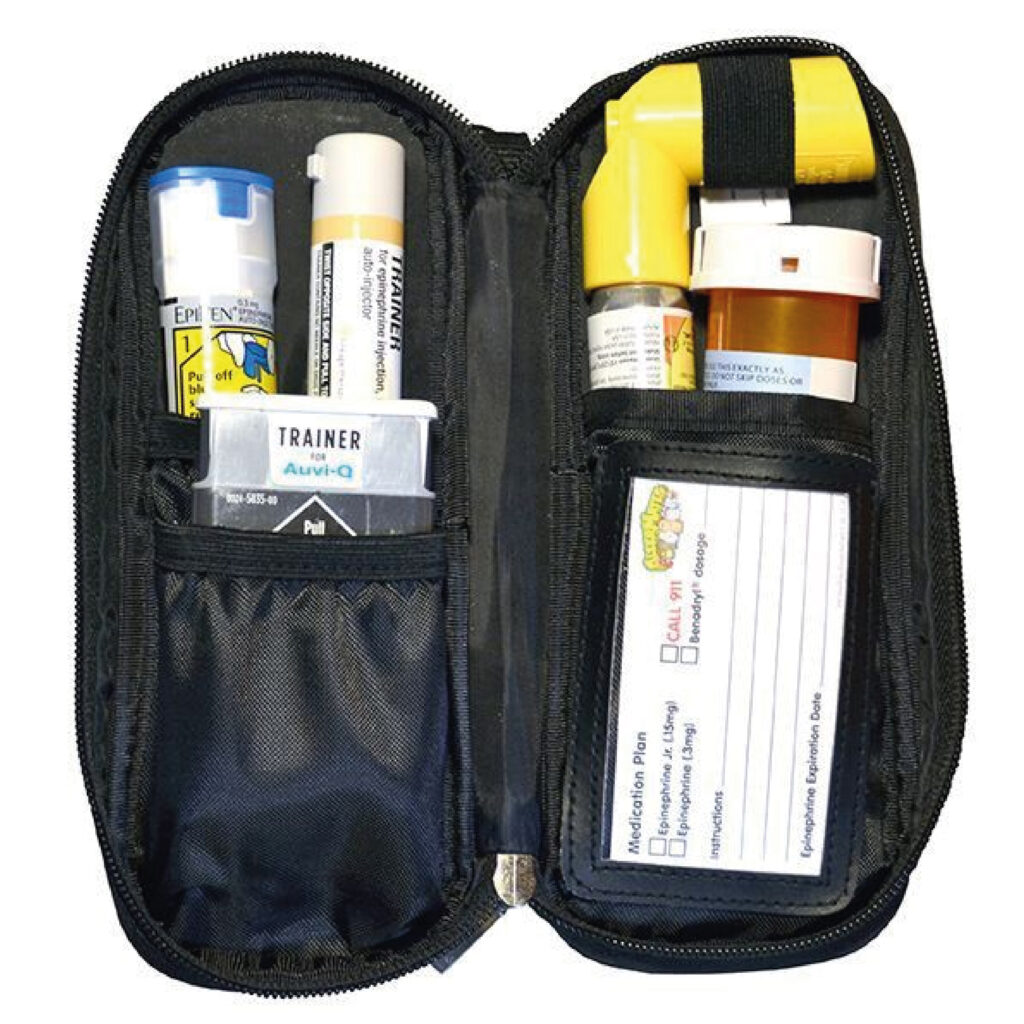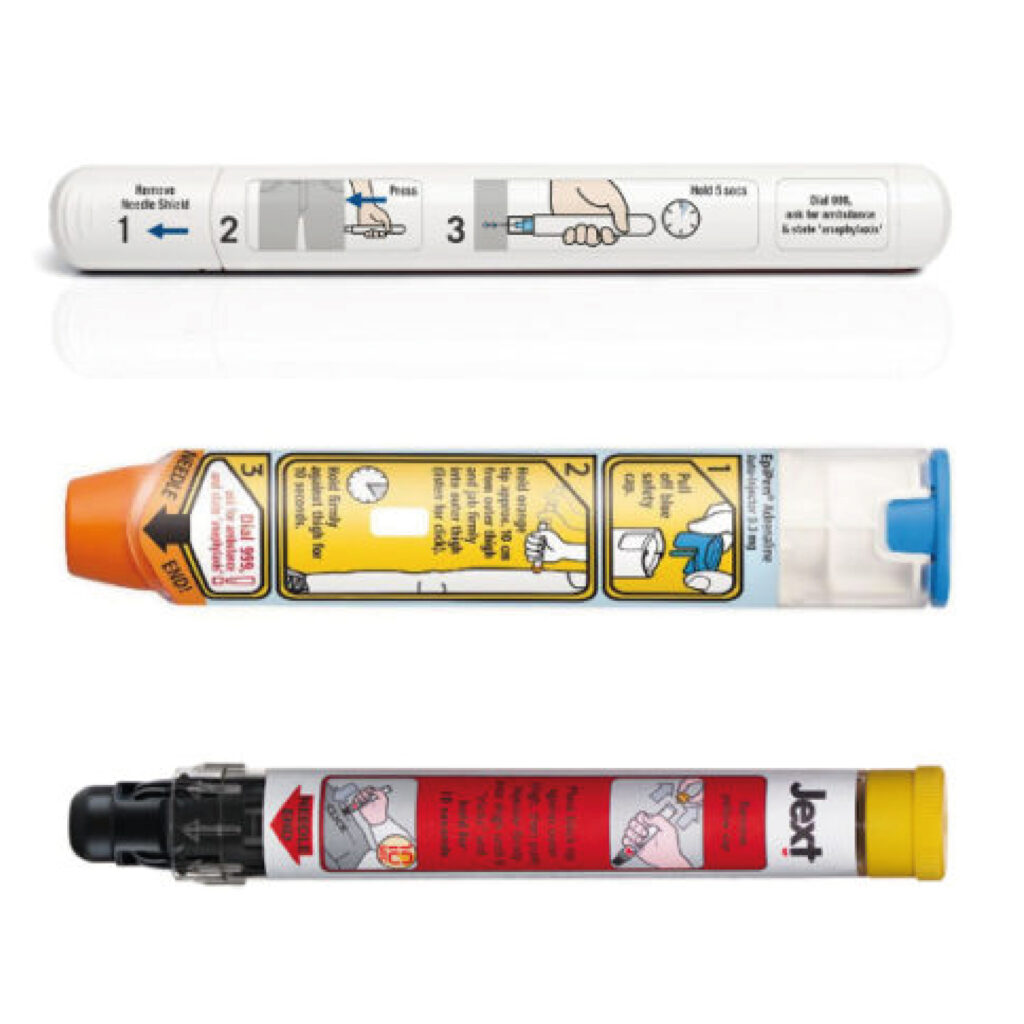
As the summer holidays wind down, the excitement and anticipation of going back to school start to build. For families managing food allergies, this time of year also brings a unique set of challenges and concerns. Ensuring a safe and positive school experience for children with food allergies requires careful planning and open communication. Here are our top tips to help you and your child navigate the school year with confidence and peace of mind.
1. Update Medical Documentation
Ensure that the school has up-to-date medical documentation, including a detailed action plan from your child’s allergist. This plan should outline the steps to take in case of an allergic reaction, the medications required, and emergency contact information. Make sure that any necessary medications, like epinephrine auto-injectors, are not expired and are readily available at school.
2. Plan Lunches and Snacks
Packing safe and nutritious lunches and snacks can help prevent accidental exposure to allergens. Use insulated lunch bags to keep food fresh and invest in allergen-friendly containers. Get creative with meals to keep your child excited about their food, and involve them in the planning and preparation process. This not only ensures that they have safe food options but also gives them a sense of control and responsibility.
3. Educate Classmates and Their Families
Raising awareness among your child’s classmates and their families can create a more inclusive and safe environment. Some schools may allow you to send home an information sheet about food allergies, explaining the seriousness and providing guidelines to help minimize risks. Consider organizing a presentation or activity to teach students about food allergies in an engaging and age-appropriate way.
4. Establish a Safe Classroom Environment
Work with your child’s teacher to create a safe classroom environment. This might include designating allergen-free zones, setting up handwashing routines, and ensuring that classroom activities do not involve allergens. Regular cleaning of desks and common areas can also help reduce the risk of cross-contamination.
5. Encourage Peer Support
Encouraging your child to build a network of supportive friends can make a significant difference. Friends who understand and respect their allergies can help them feel safer and more included. Consider role-playing different scenarios with your child to help them feel more comfortable discussing their allergies with peers.
 Login / Register
Login / Register  Contact / wholesale enquiries
Contact / wholesale enquiries




